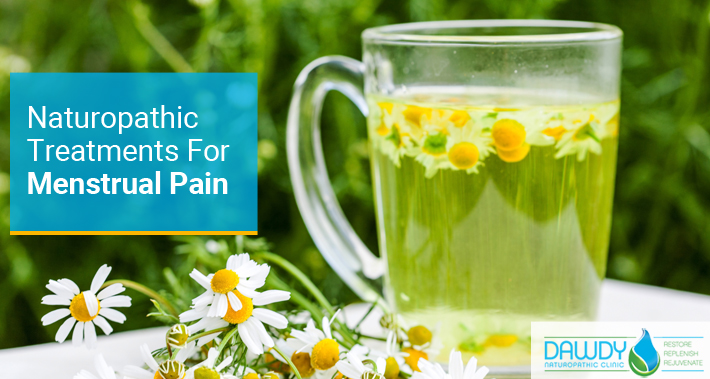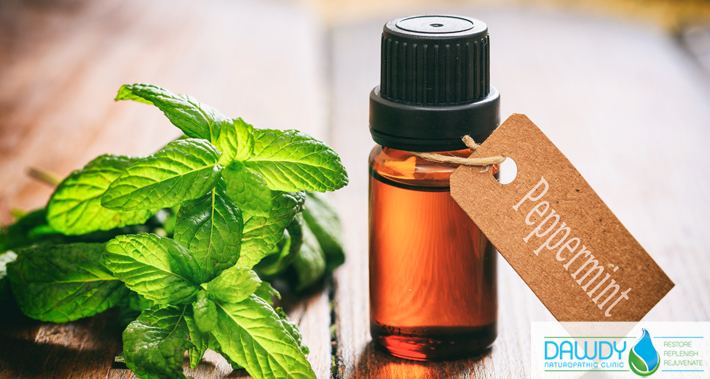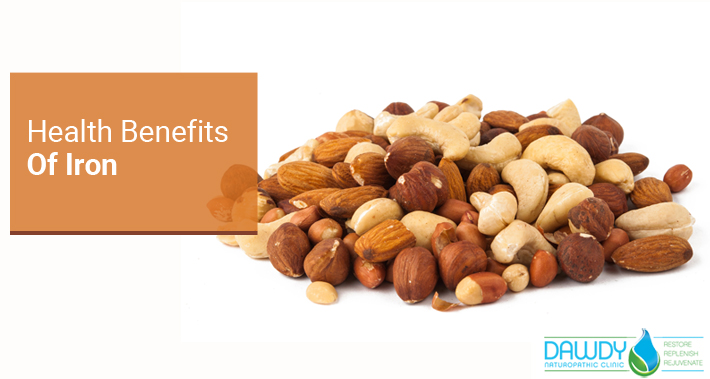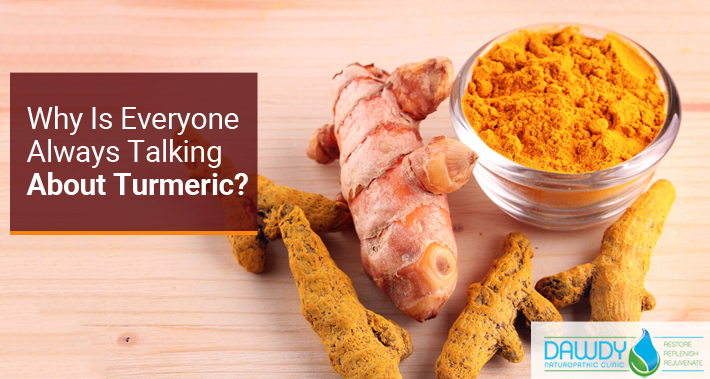Naturopathic Treatments For Menstrual Pain
What are menstrual pains?
Menstrual pains, or cramps, are caused by contractions in the uterus that usually occur just before your menstrual period or when it begins.
They are characterized by pain, aches, spasms, and throbbing in the lower abdomen and pelvic region.
These symptoms vary from person to person and can range from being mildly discomforting to experiencing serious pain.
While the majority of people feel mild discomfort, serious pain can disrupt your daily activities.
I’m Dr. Kimberly Dawdy, a women’s health naturopathic doctor in Ottawa, and I can help provide naturopathic treatments to help with your menstrual pain.
Keep reading to learn more about common causes of menstrual pain and the naturopathic treatments available to you.
First, Identify The Root Cause
The most important part of a naturopathic doctor’s approach is to identify and address the root cause of your symptoms.
If you have painful menstruation, it may be related to one of the conditions listed below.
Each has its own unique treatment protocol as well, which are topics for future articles.
Let’s take a closer look at some of the potential causes that may be associated with feeling menstrual pain.
1. Endometriosis
Endometriosis occurs when tissue that’s similar to the tissue that’s lining your uterus grows on the outside of it.
Similar to the tissue inside your uterus, it can break down and bleed at the end of your menstrual cycle.
Because this blood doesn’t have anywhere to go, it can cause swelling and inflammation in that area.
There are several types of endometriosis that can cause symptoms of menstrual pain.
Some symptoms may include:
- Severe menstrual pain
- Heavy bleeding while on your period
- Diarrhea
- Constipation
- Pain during sex
- Chronic fatigue
- Pain while peeing or pooping
- Back pain
- Difficulty getting pregnant
The causes of endometriosis aren’t clear, but may be related to endometrial cells that pass back through fallopian tubes and remain in the pelvic cavity.
This is otherwise known as retrograde menstruation.
2. PMS (Premenstrual Syndrome)
PMS, or premenstrual syndrome, relates to a variety of changes that you can experience and that can affect you behaviorally, emotionally, or physically before you have your period.
Symptoms vary between each person, and can include one symptom or many.
The main thing to watch out for is if you feel changes in your daily life in the time leading up to your period.
Some common symptoms of PMS include:
- Cramps
- Bloating
- Headaches
- Muscle aches
- Swelling in the hands and feet
- Weight gain
- Hunger
- Tender breasts
- Acne
- Gastrointestinal issues
- Anxiety
- Depression
- Difficulty falling or staying asleep
- Mood swings
- Social isolation
- Outbursts of anger
- Forgetfulness
- Lack of concentration
- Fatigue
RELATED: Naturopathic Treatments for Sleep Disorders
RELATED: What Causes Acne?
While PMS is a common occurrence, its exact causes are unknown.
It may be associated with hormonal changes during the time of your period.
PMS symptoms can become more aggravated if you smoke or drink, are under a lot of stress, are dealing with depression, or live a sedentary lifestyle.
3. Pelvic Inflammatory Disease
Pelvic inflammatory disease occurs when there is an infection in the organs of the reproductive system.
This can include the ovaries, uterus, cervix, and fallopian tubes.
A sexually transmitted infection, such as gonorrhea or chlamydia, is the typical cause.
Common symptoms of pelvic inflammatory disease include:
- Pelvic or abdominal pain
- Heavy discharge
- Bleeding between periods
- Painful sex
- Fever
- Chills
- Nausea
- Painful urination
- Increased bleeding during your period
4. Uterine Fibroids
Uterine fibroids are growths that can appear on your uterus.
They vary on their shape and size and where on your uterus they appear; whether it’s in your uterus or uterine wall, or on the surface.
While the exact causes of uterine fibroids aren’t known, genetics and hormones may increase your chance of developing them.
Common symptoms include:
- Painful sex
- Increased frequency of peeing
- Rectal discomfort
- Lower back or abdominal pain
- Painful, long, or heavy periods
5. Hormonal Imbalance
Hormones are chemicals that act as messengers in your body.
They travel to different parts of the body and help control organ and cell function.
Hormones like estrogen, progesterone, and testosterone are very important when it comes to reproductive health regardless of your gender.
Any minor shift or change in your hormones can lead to a hormone imbalance.
Symptoms of hormonal imbalance may include:
- Irregular or heavy periods
- Painful sex
- Headaches
- Acne
- Hair loss
- Night sweats
- Abdominal pain or discomfort
6. Other Potential Causes
Aside from some of the common causes of menstrual pain listed above, there can be numerous other potential causes and risk factors that can lead to symptoms of menstrual pain.
Issues with pregnancy, such as having an ectopic pregnancy, can cause menstrual pains.
Birth control devices, such as an IUD, may also be a cause.
Having an ovarian cyst, a narrow cervix, heavy menstrual periods, or being obese can also cause menstrual pains.
Heavy consumption of alcohol or cigarettes may increase your risk of having menstrual pain.
Another risk factor is never having been pregnant or having had your first period at a very early age.
Naturopathic Botanical Medicine Solutions For Painful Periods
The above listed conditions aside, there are some general naturopathic approaches that can help relieve menstrual pain.
These mostly fall under the category of botanical medicine.
Let’s take a closer look at some of the options available to you.
1. Chamomile
Chamomile has anti-inflammatory and antispasmodic properties that may help relieve menstrual pain.
Moreover, chamomile may also help reduce symptoms related to mood caused by PMS.
You can take chamomile as a loose leaf tea, or as an extract that comes in a variety of forms.
2. Acupuncture
Acupuncture is a traditional Chinese medicine technique that involves placing thin needles at specific points around your body.
It works by releasing the flow of your body’s energy, and can release endorphins, which are a natural painkiller.
The main function of acupuncture is to relieve pain.
Acupuncture may help to alleviate some of the pain you experience if you have menstrual pain.
RELATED: TCM Acupuncturist In Ottawa
3. Peppermint
Peppermint contains menthol, which may have an analgesic effect, meaning that it can have pain relieving properties.
Peppermint extract may be beneficial in reducing the intensity and duration of pain, including menstrual pain.
Moreover, peppermint oil may also help relax muscles by releasing tension and relieving menstrual pain.
While you can absorb peppermint through food and drinking tea, more concentrated peppermint extract may be better at relieving pain.
4. Pycnogenol
Pycnogenol is an antioxidant that comes from French maritime pine tree bark.
It may help prevent oxidative stress by limiting free radicals in the body, also potentially relieving inflammation.
Pycnogenol may help to reduce menstrual pain naturally, without the need of pharmaceuticals.
It’s an herbal extract, and can be taken as a supplement.
5. Fennel
Fennel is a type of herb that has a licorice-like flavor.
One of the compounds found in fennel, anethole, may be beneficial in relieving spasms.
Fennel extract may help to relieve symptoms and intensity of menstrual pain.
You can ingest fennel by adding it to soups or salads, or using dried fennel seeds as a spice in your cooking.
Fennel extract is also available, both as an oil and in capsule form.
6. Cinnamon
Cinnamon may be an effective pain reliever for menstrual cramps by helping to reduce pain and inflammation.
It may reduce both the intensity and duration of pain.
To experience any of cinnamon’s potential benefits in relation to menstrual pain, it’s recommended to take a concentrated cinnamon supplement.
7. Ginger
Ginger is a root that’s commonly used as a spice and as a form of naturopathic medicine.
It may help reduce menstrual pain by decreasing the amount of inflammation and pain caused by prostaglandins.
Prostaglandins are lipids that occur at the site of infection and tissue damage and can increase inflammation and pain.
Ginger powder can be easily added to juices, teas, smoothies, or added when cooking as a spice.
Book Your Appointment With Dawdy Naturopathic Today
Do you experience menstrual pain and want to uncover the root cause to help manage your pain?
Naturopathic treatments for menstrual pain may be able to help you.
I’m Dr. Kimberly Dawdy and I can provide you with naturopathic solutions for your menstrual pain so that you can get back to your daily activities without worry.
Book your appointment with Dr. Kimberly Dawdy, ND, today.
Yours in Health,
Dr. Kimberly Dawdy, ND
Dawdy Naturopathic Clinic
6899 Sunset Blvd,
Greely, ON K4P 1C5
-https://g.page/dawdynaturopathicclinic
Dawdy Naturopathic Clinic offers a variety of naturopathic health solutions for individuals and families in Ottawa and the surrounding area.





